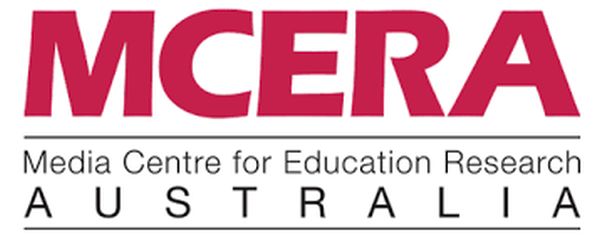EXPERT COMMENT: Schools continue to struggle with teacher shortage crisis
EXPERT COMMENT: Schools continue to struggle with teacher shortage crisis
- Teaching workforce shortages continue to be a serious concern for Australian schools
- Disadvantaged and rural schools are most affected by shortages.
- School principals are being 'creative' to manage the crisis.
- Casual teachers are critical to the workforce and require extra support.
As the 2025 school year approaches, the teacher shortage crisis continues to loom over the education sector. The challenge of securing enough teachers is particularly critical for rural and disadvantaged schools, which are increasingly dependent on casual staff to cover vacancies.
This is having an impact on the capacity of education systems to deliver quality education for Australia's four million students.
Leading experts are calling for a shift towards system-based solutions to tackle the shortage, advocating for innovative and localised strategies to not only attract new teachers, but also retain educators in the field.
Dr Amy McPherson (University of Newcastle) - "Greater efforts from a variety of stakeholders are needed to support both teacher retention and recruitment."
Dr Amy McPherson is a Senior Lecturer in the School of Education and researcher in the Teachers and Teaching Research Centre, University of Newcastle. Her teaching research interests include education foundations and policy, teacher recruitment and retention in hard to staff schools
"Our recent study sheds light on the impacts of teacher shortages in Australia’s hard-to-staff schools, particularly those in rural and disadvantaged communities."
"The findings reveal that these shortages extend beyond unfilled vacancies, intensifying teacher workloads and disrupting school operations.
"Teachers and school leaders are implementing creative yet demanding solutions, such as increased mentoring, out-of-field teaching, and reliance on paraprofessionals, to navigate the crisis.
"These issues impact access to quality education, leaving students in some disadvantaged communities without consistent, qualified teachers, adding to systemic inequities.
"While progress is being made, greater efforts from a variety of stakeholders are needed to support both teacher retention and recruitment in these contexts."
For more information or an interview, please contact Dr Amy McPherson at the University of Newcastle at This email address is being protected from spambots. You need JavaScript enabled to view it. or on 0408 011 679.
Professor Michele Simons (Western Sydney University, NSW Council of Deans of Education) - "Casual teachers require support and to be equipped to do their best in the schools where they will find themselves working."
Professor Simons is Dean of Education at Western Sydney University. She has expertise in understanding how to enhance the quality of work-based learning for professions including teaching. Michele is the current President of the Australian Council of Deans of Education.
"New school years are exciting times for many students and their families. Everything is new – and the same can be said for teachers, many of whom will be commencing roles in new school locations."
"These teachers will face many of the familiar challenges that all new workers face – the importance of getting to know how the school operates, completing orientation and induction programs.
"These challenges just as important for the large cohorts of casual teachers who will commence work in the school year. Just like their more permanent colleagues, these teachers require support and to be equipped to do their best in the schools where they will find themselves working.
"Current research being undertaken by a team of researchers from UniSA, RMIT, Monash, Griffith and Western Sydney University is examining the nature of the casual teaching workforce and how this critical part of the workforce might be supported through processes such as induction.
"Early findings from this work emphasise the importance of making casual colleagues visible within schools, the importance of access to high quality induction and support systems, access to support to manage key parts of their work (for example, use of technology, managing student behaviour) and creating a supportive and positive environment where casual colleagues can ask questions and provide feedback on their work experiences."
For more information or an interview, please contact Professor Michele Simons at Western Sydney University at This email address is being protected from spambots. You need JavaScript enabled to view it. or on 0403 135 357.








 Print
Print